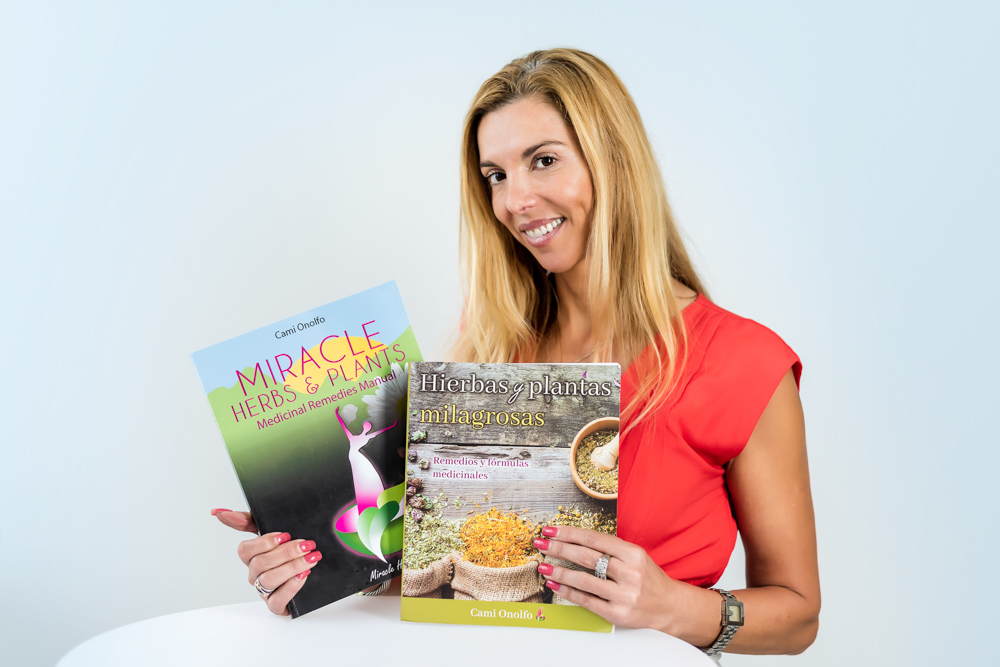Understanding Arthritis: Natural Ways to Alleviate Pain and Inflammation
- Cami Onolfo

- Oct 2, 2024
- 4 min read

Arthritis is one of the most common health conditions affecting millions of people worldwide. It refers to inflammation of the joints, often leading to pain, stiffness, and reduced mobility. With over 100 different types of arthritis, it can impact people of all ages, through it is most common in older adults.
In this blog, we will learn the main forms of arthritis, how to treat them naturally using food, supplements, herbal remedies, exercise, and holistic approaches to healing. We will also explore and compare holistic treatments with conventional medicinal methods to help you decide which path aligns with your wellness goals.
Common Forms of Arthritis
Osteoarthritis (OA):
Osteoarthritis is the most common type, often called the "wear and tear" arthritis. It occurs when the protective cartilage that cushions your bones wears down over time, leading to pain, swelling, and stiffness in the joints.
Rheumatoid Arthritis (RA):
RA is an autoimmune disease where the body's immune system mistakenly attacks the joints, causing inflammation. This type of arthritis can lead to joint damage, fatigue, and even affect other organs.
Gout:
Gout is a form of inflammatory arthritis caused by the buildup of uric acid crystals in the joints, leading to sudden and severe pain, often in the big toe.
Psoriatic Arthritis:
Often affecting people with psoriasis, this type of arthritis causes inflammation in the skin and joints, leading to swelling, stiffness, and pain.
Natural Treatment for Arthritis
While there is no cure to arthritis, natural remedies can help reduce symptoms and improve your quality of life. Here are some natural ways to support your body in fighting inflammation and alleviate joint pain.
Food and Nutrition
- Anti-inflammatory Diet: A diet rich in whole unprocessed foods can significantly reduce inflammation. Here are some foods:
- Leafy greens - Kale, spinach, packed with antioxidants and nutrients
- Nuts and Seeds - Walnuts and flaxseeds, which help combat inflammation
- Berries - Blueberries, which are full of antioxidants
- Turmeric and Ginger - they posses anti-inflammatory properties which can help in alleviating pain.
- Extra Virgin Olive Oil - rich in polyphenols that help reduce inflammation.
Foods to avoid: Limit sugar intake, refined carbohydrates, and processed foods that promote inflammation and worsen arthritis symptoms.
Supplements
Glucosamine and Chondroitin:
These supplements are recommended for Osteoarthritis. They help maintain joint health by supporting cartilage repair and reducing inflammation.
Omega-3 Fatty Acids:
Found in fish oil and flaxseeds oil supplements, omega-3s are known to reduce i.
inflammation and improve joint flexibility.
Turmeric:
Turmeric contains a powerful anti-inflammatory compound, which can help reduce and fight inflammation.
Boswellia:
This herbal extract has been used for centuries in Ayurvedic medicine for its anti-inflammatory properties, often referred to as "Indian Frankincense."
Herbal Remedies
Ginger: Like turmeric, ginger is a powerful anti-inflammatory. Drinking ginger 1-2 cups of ginger tea can help reduce pain and stiffness.
Devil's Claw: Known for its ability to reduce joint pain and inflammation, this medicinal plant Is often used as a natural treatment for osteoarthritis and rheumatoid arthritis.
Willow Bark: Sometimes called nature's aspirin, it can help ease pain associated with arthritis.
Exercise for Arthritis
Exercise is crucial for maintaining joint function and reducing stiffness. However, the type and intensity of exercise should be tailored to your needs and comfort level. Here are several forms of exercise beneficial for arthritis:
Low-impact Aerobics: Swimming and cycling are excellent options for keeping the joints mobile without adding too much stress.
Strength Training: Strengthening the muscles around your joints provides better support and can reduce strain on the joints.
Yoga and Tai Chi: These practices focus on flexibility, balance, and mindfulness. They also promote relaxation, which can help alleviate arthritis-related pain.
Range-of-Motion Exercises: These are particularly useful for maintaining flexibility in stiff joints.
Holistic Healing Practices
Acupuncture: this ancient Chinese practice has shown promise in reducing pain and improving mobility in people with arthritis. Acupuncture works by stimulating specific points on the body to balance energy and reduce inflammation.
Massage Therapy: Regular massages can help reduce joint pain, improve circulation, and enhance relaxation, all of which can contribute to pain relief.
Mindfulness and Meditation: Managing stress is crucial for people with arthritis, as stress can worsen inflammation. Mindfulness meditation and deep breathing techniques can help reduce stress levels and alleviate pain.
Reiki and Energy Healing: This therapy is useful for restoring a natural and optimal energy flow throughout the body.
Holistic vs. Medicinal Approaches: Which is Best?
Conventional medicine typically treats arthritis with nonsteroidal anti-inflammatory drugs (NSAIDs), corticosteroids, or disease-modifying antirheumatic drugs (DMARDs). While these treatments can be effective in managing symptoms, they often come with side effects such as gastrointestinal issues, liver damage, or an increased risk of infection.
On the other hand, holistic treatments aim to address the root cause of inflammation and support overall health. Natural remedies may take longer to show results but come with fewer side effects and can be used long-term as part of a lifestyle approach to wellness. In many cases, a combination of both natural and medicinal treatments may be effective, depending on the severity of symptoms and the individual's health needs and goals.
Conclusion
Arthritis doesn't have to control your life. By incorporating natural remedies, nourishing your body with anti-inflammatory foods, staying active with gentle exercise, and considering holistic healing practices, you can manage arthritis symptoms more effectively. Always consult with a healthcare professional before making any significant changes to your treatment plan, especially if you are considering integrating natural remedies with conventional treatments.
Yours forever,
Cami Onolfo
Holistic Wellness and Spiritual Coach












Comments